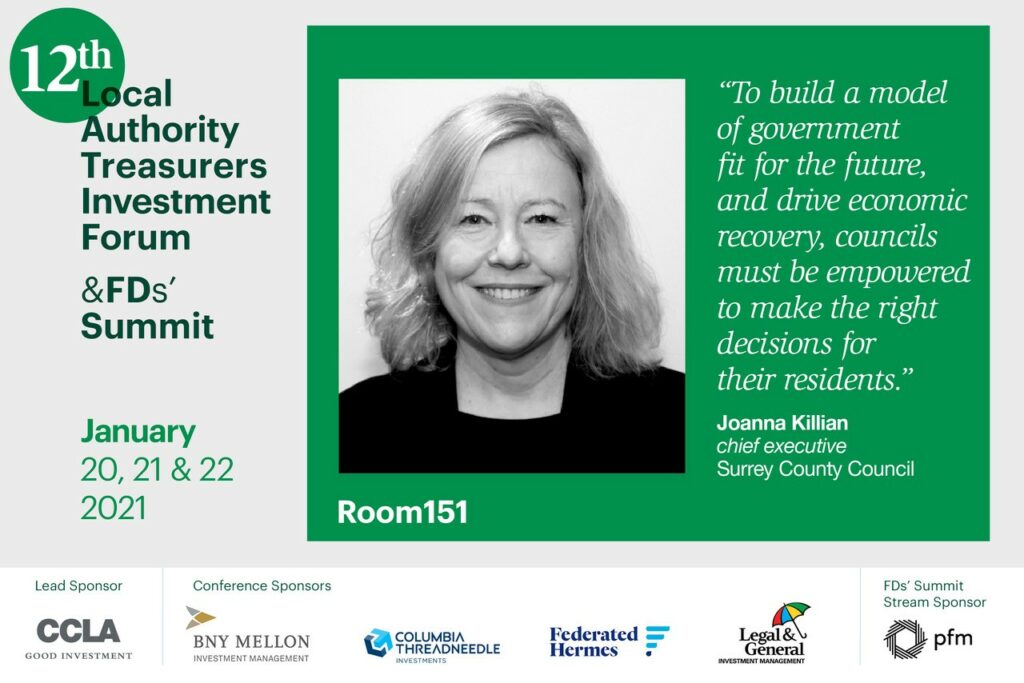 Sponsored article: CCLA’s Amy Browne examines the importance of investing in mental health in the workplace.
Sponsored article: CCLA’s Amy Browne examines the importance of investing in mental health in the workplace.
We are living through a public health emergency in more ways than one. Physical health and safety may be consuming current public discourse, but we are also facing an unprecedented mental health crisis.
Pre-pandemic research showed that poor mental health costs the government between £24bn and £27bn per year (1). That was before Covid-19. Government-enforced lockdowns, rigorous social distancing measures and strict quarantine rules have resulted in a new era of unique psychological distress. A report by Simetrica-Jacobs and the London School of Economics estimates the daily wellbeing cost to adults during this time at £2.25bn. Or £43 per adult per day (2).
Why is this relevant to investors?
As investors, we want the companies in which we invest to be successful. Poor mental health in the workplace costs employers in the private sector an average of £1,652 per employee (3). This is for every employee. Sickness absence, combined with “presenteeism” (4), staff turnover, and “leaveism” (5) all contribute.
We believe that poor mental health represents an obstacle to corporate success. Put simply, employers are losing billions of pounds because employees are less productive, off sick or leaving work all together (6).
What is the opportunity?
Local authorities play a key remedial role in supporting those with poor mental health in their communities. They also have a duty to safeguard the mental wellbeing of their own two million-strong workforce (7). Yet there is third avenue—frequently forgotten—that can help to address the problem from the ground.
As investors, with circa £46bn collectively, local authorities have an opportunity to use their influence as stakeholders to improve the way that businesses approach the health of their people.
Why take this opportunity? Because as guardians of public money, they have a moral and economic duty to push for positive change. Because irrespective of its cause, the workplace is a setting that can assist in the identification of mental illness and facilitation of proper treatment (8). Because creating a positive environment for mental health costs less than failing to do so: the average return to employers for every £1 spent is £5 (9).
CCLA’s mental health engagement work
We began our mental health programme in February 2019. Using the recommendations set out by the government commissioned Thriving at work report, and the input of an advisory committee, we created a set of best-practice measures for companies to address (10). On discussing these with some of our investee companies, it quickly became clear that we were the only investors asking questions about workplace wellbeing.
In April 2020, in the thick of the first Covid-19 outbreak, we built a coalition of investors with £2.2trn in assets under management and wrote on their behalf to the CEO of every FTSE 100 company. The letter urged these 100 leaders to protect the mental health of their 4.7 million employees during the pandemic.
The value of positive influence
Of the 100 companies targeted, 74 responded. We were encouraged in many ways; though there was little commonality in approach, insufficient monitoring, and a lack of commitment by senior leaders. Our work confirmed our belief that poor mental health is a systemic—rather than company-specific— problem. It requires greater pressure from stakeholders.
In response, we are building the CCLA Corporate Mental Health Benchmark. The benchmark will act as a framework for investors to assess how companies compare on safeguarding the wellbeing of their workforce. By introducing a new element of competition, it will also incentivise companies to address poor workplace mental health head on.
We would love to hear from you
We are working in partnership with Chronos Sustainability in building the benchmark and are delighted to have the support of mental health charity, Mind, and Lord Dennis Stevenson as we take our next steps.
We are running a public consultation into the design and scope of the benchmark, which will be live until the end of January 2021. If you would like to contribute, or for more information, please visit CCLA.
Amy Browne is stewardship lead at CCLA.
Footnotes
(1) Stevenson, D. and Farmer, P. (2017), ‘Thriving at Work: The Stevenson/Farmer Review of Mental Health and Employers’. Online at https://assets.publishing.service.gov.uk/government/uploads/system/uploads/attachment_data/file/658145/thriving-at-work-stevenson-farmer-review.pdf
(2) Fujiwara, D., Dolan, P, Lawton, R, Bahzadnejad, F., Lagarde, A., Maxwell, C. and Peytrignet, S. (2020), ‘The Wellbeing Costs of COVID-19 in the UK’, London: Simetrica-Jacobs and London School of Economics and Political Science. Online at
www.jacobs.com/sites/default/files/2020-05/jacobs-wellbeing-costs-of-covid-19-uk.pdf
(3) Hampson, E. and Jacob, A. (2020), ‘Mental Health and Employers: Refreshing the Case for Investment’, London: Deloitte. Online at www2. deloitte.com/content/dam/Deloitte/uk/Documents/consultancy/deloitteuk-mental-health-and-employers.pdf
(4) Showing up to work when one is ill, resulting in lost productivity
(5) Taking holidays stead of sick leave or taking work home leading to stress.
(6) Stevenson, D. and Farmer, P. (2017), ibid.
(7) https://www.publicfinance.co.uk/news/2019/03/record-low-number-local-government-workers
(8) World Health Organization (2010), ‘WHO Healthy Workplace Framework and Model: Background and Supporting Literature and Practices’. Online at https://www.who.int/occupational_health/healthy_workplace_framework.pdf
(9) Hampson and Jacob (2020), ibid.
(10) Stevenson, D. and Farmer, P. (2017), ibid.
FREE monthly newsletters
Subscribe to Room151 Newsletters
Monthly Online Treasury Briefing
Sign up here with a .gov.uk email address
Room151 Webinars
Visit the Room151 channel















